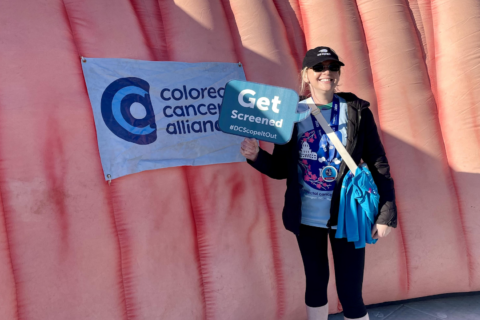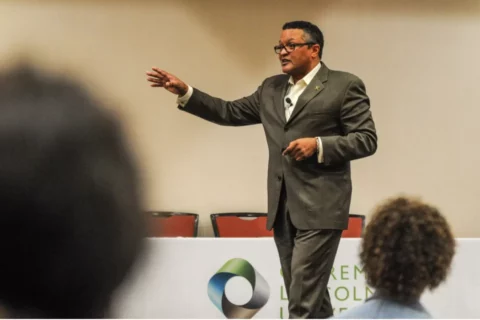Have you heard about delta-8 THC edibles such as gummies or brownies?
Concentrated amounts of delta-8 THC are typically manufactured from hemp-derived cannabidiol (CBD), which has grown into a cottage industry of products that promise to relieve anxiety and other health benefits — without the “high” of marijuana.
CBD falls into a legal gray area and is widely available in the United States. But the Food and Drug Administration wants people to know delta-8 products have not been evaluated or approved for safe use.
A D.C. emergency physician also warns that readily available legal products can be especially dangerous for children.
“In terms of the marijuana edibles, it is an issue,” said Dr. Brian R.E. Schultz, a pediatric emergency medicine physician at Children’s National Hospital.
Schultz also is a medical toxicology fellow with the National Capital Poison Center, which serves D.C. and Montgomery and Prince George’s counties in Maryland and Northern Virginia.

“Poison centers around the country have been publishing their data; numbers are going up. Numbers are going up in our area, both in terms of our numbers at the poison center, and of course at Children’s and, anecdotally, everybody would agree with that who works in the emergency department,” he said. “We’re seeing it all the time.”
Schultz said many edibles are extremely concentrated. While he’s unaware of any deaths related to their consumption, he cites multiple examples of poison victims going directly to or being transferred to Children’s for treatment.
“We have had some pretty severe outcomes in kids who have been endotracheal intubated at outside hospitals, meaning they had breathing tubes put in their airway to ventilate them and oxygenate them to be transferred in,” Schultz said. “We’ve had a kid very recently who underwent endotracheal intubation at Children’s for severely altered mental status from a marijuana edible ingestion.”
The Food and Drug Administration warns that delta-8 THC products that can be found online or in some stores can cause vomiting, hallucinations and loss of consciousness.
Of 600 exposure cases reported to national poison centers in the first seven months of 2021, about 41% involved unintentional consumption, with 77% of the unintentional exposures affecting patients younger than 18, the FDA website states.
“If you’re going to use these substances, just make sure they are very secure … treat them like any other medication that can have very significant side effects if kids get a hold of them,” Schultz implored. “So, not just in the fridge, not just in a drawer, not just in a cabinet or pantry. They should be up and away and locked.”
Anyone who suspects they’ve ingested something dangerous should not guess what to do. Free, confidential answers and information are available from poison control experts.
You can get help online, or text POISON to 484848, or call 1-800-222-1222.
WTOP’s Anna Gawel contributed to this report.








